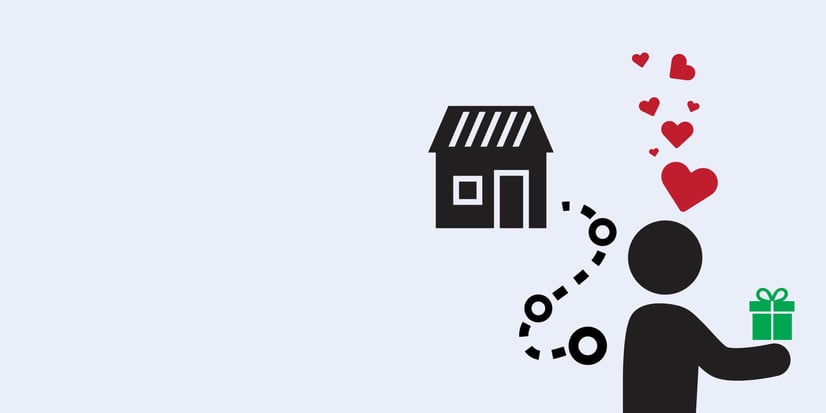
Loyalty programs have existed for a long time. Traditional loyalty programs were based on customers collecting stamps that could be redeemed for goods and services. Later on, stamps were exchanged for loyalty cards that customer could use to collect benefits, often in the form of points. In the last decade or so, loyalty programs have evolved and retailers endeavor to integrate their loyalty programs into the overall shopping experience, which today takes place as much online as physically in the store. During the last year or so, I have seen a clear trend in the evolution of loyalty programs. Retailers seem to design their loyalty programs according to the type of business they are in. But can we identify different characteristics of loyalty programs according to three different types of retailers? The term retailer in this context applies to any business activity that sells goods or services to the general public, including grocery stores, gas stations, travel companies, cafés, and hairdressers to name a few.

